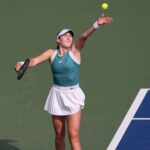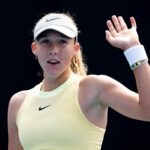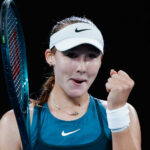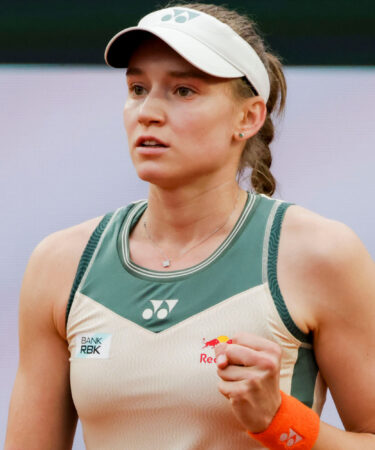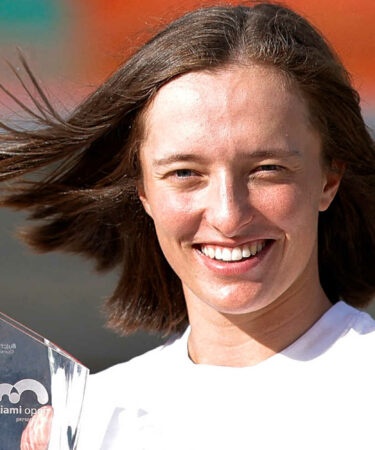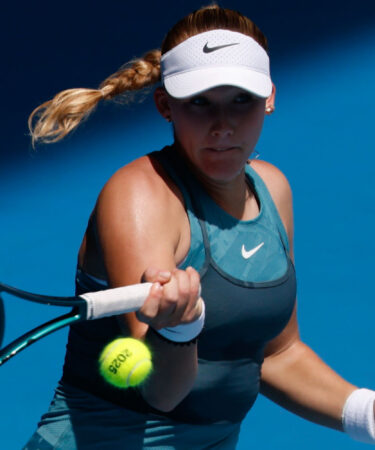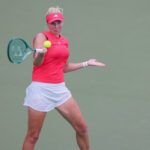Andreeva finding the secret to success: “When I don’t think…it’s the best way I can play”
The 17-year-old Russian has beaten Sofia Kenin, Iga Swiatek and Elena Rybakina to reach her first WTA 1000 final
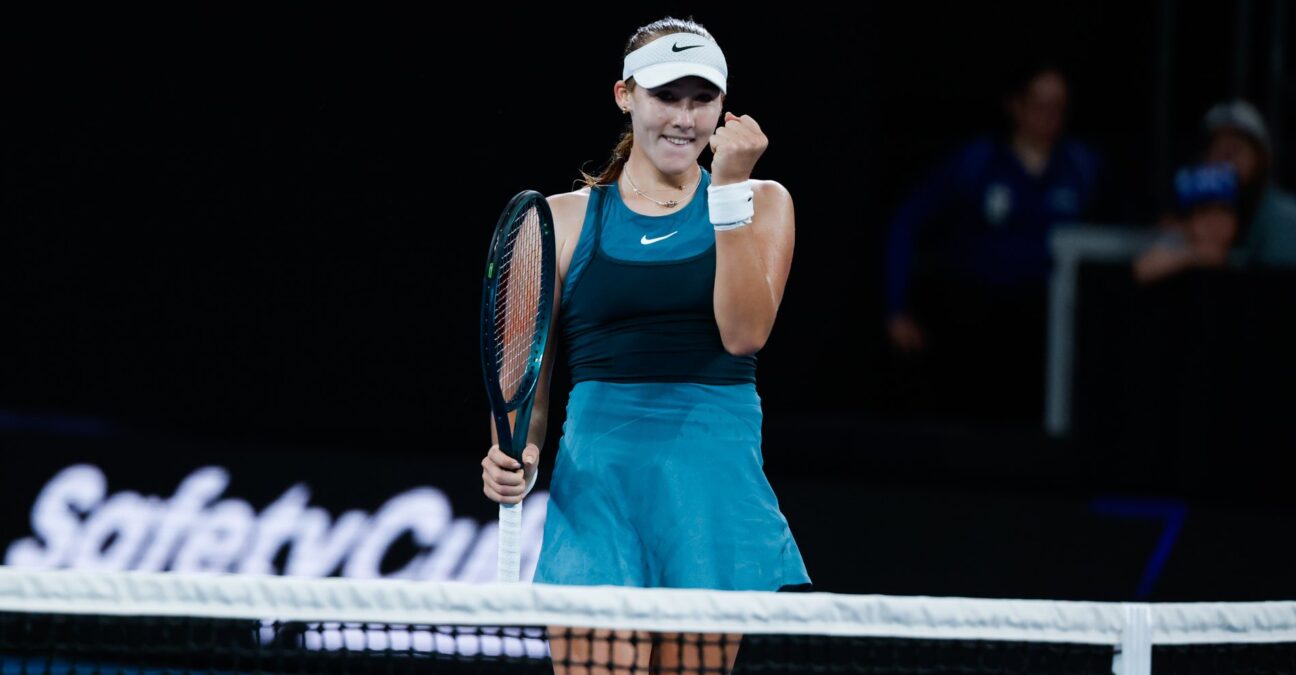 Imago/psnewz
Imago/psnewz
There are many advantages to breaking through at the top level when you’re young; the beauty of youth and all it gives you physically and the almost total absence of fear when it comes to pressure situations, at least in the first throes of a career.
Mirra Andreeva knows all about that, the Russian reaching the third round at the French Open as a 16-year-old in 2023 and then making it all the way to the semis the year after. No fear, just pure joy at playing a sport she loves, for a living.
Dubai run a major breakthrough
Reality soon kicks in, however, and Andreeva has had her share of moments already where her mind got in the way of her body, stopping her from producing the kind of tennis everyone knows she’s capable of, including in Doha last week, when she lost in round two.
But this week, at the Dubai Open, the 17-year-old has realised that quieting the mind is the best thing any player can do, regardless of their age. Her second-round win over Wimbledon champion Marketa Vondrousova was a marker, her victory over Iga Swiatek in the quarters a major milestone and her win over Elena Rybakina in the semis another step up, putting her into the final of a WTA 1000 for the first time and to the verge of the world’s top 10.
“Honestly, after playing in Doha and losing tough second round (to Rebecca Sramkova), having a lot of opportunities, I just felt a bit down,” Andreeva said, quoted on the WTA Tour website.
“Not depressed. I was, ‘Well, maybe now this time I’m not playing my best tennis, so OK, it’s fine.’ Last year I didn’t play so good on these courts in Dubai. I was like, ‘Well, OK, whatever. I’m just going to play. We’re going to see.’
“In the end when you don’t think about what’s going to happen, it always ends up being one of the best tournaments of your career. I don’t know if it’s a paradox or something, but it’s just like this.”
The Inner Game of Tennis
Ernie Els, the three-time major winner in golf, once said that the best putters were the ones who were not that bright, who never found their mind clogged up with thoughts, often negative, which get in the way of them doing what they know best.
In the Inner Game of Tennis, the iconic book by W. Timothy Gallwey, the author talks of letting self 1, the part of the body that acts without thought, do what it does best. When the critical self 2 gets involved, then problems begin.
When Andreeva found herself 3-1 down in the third set against Rybakina on Friday, she did exactly what Gallwey would have espoused; she cleared her mind. Five games later, she was into the final.
“I think when I don’t think about what’s going to happen and I don’t think about the score and I just fight, it’s the best way I can play,” Andreeva said in her on-court interview.
If Andreeva can hold on to that thought, then she’ll soon be fighting it out for the very biggest titles in the sport.
